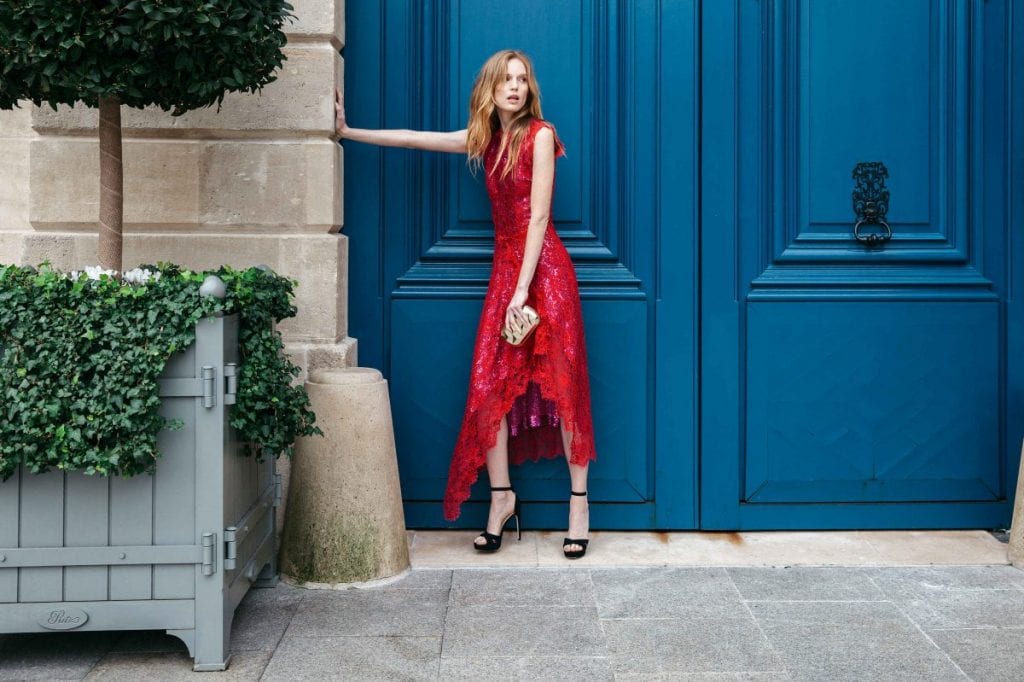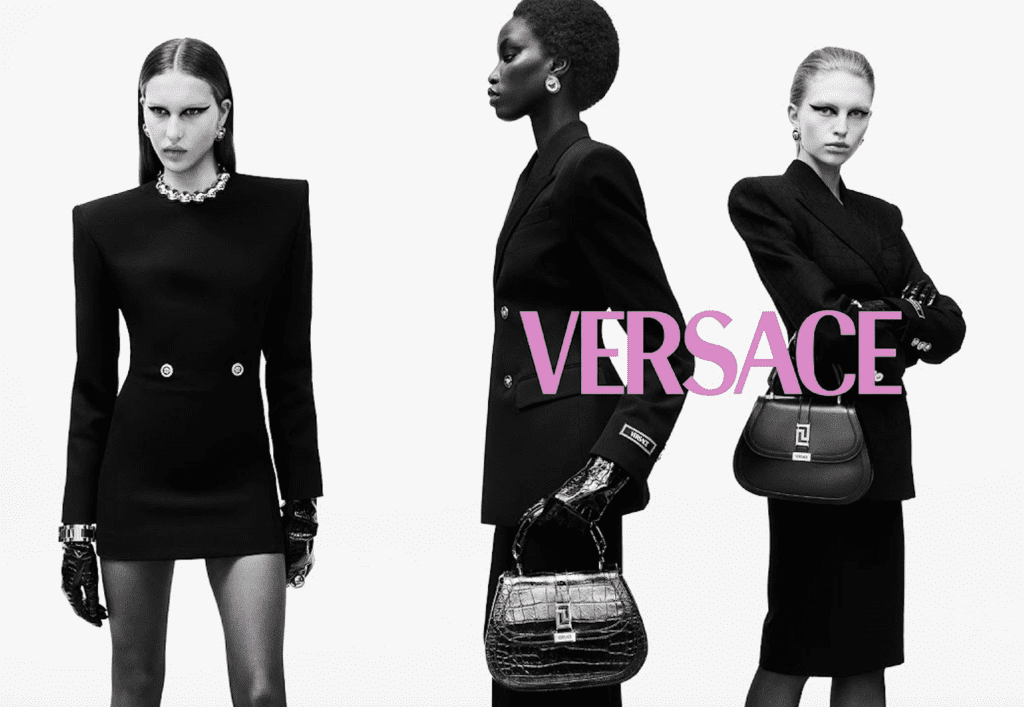As of the latest projection from industry analysts, fashion and luxury brands are expected to lose between $450 billion and $600 billion in sales in 2020 due to the impact of the COVID-19 virus, posing a challenge that is “even greater than the 2008 recession,” investment research and management consultancy Bernstein revealed recently, stating that the first half of 2020 is “likely going to be the worst in the history of the modern luxury goods industry.”
Companies are expected to lose more than sales, though. According to Brand Finance, the hits to the market’s biggest companies go beyond bottom line figures. The London-based business valuation consultancy asserts in its in its newly-released Global 500 ranking – in which it annually evaluates 5,000 of the world’s largest companies to determine “the strongest and most valuable” – that companies can also expect sizable blows to the value of their brands to the tune of a collective $1 trillion.
Defining “brand value” as “the value of a company’s trademark and associated marketing intellectual property within the branded business,” including intangible assets that are “intended to identify goods, services or entities, [thereby], create distinctive images and associations in the minds of stakeholders, and generate economic benefits,” Brand Finance states that industries across the board will be “undoubtedly hit” by the COVID-19 pandemic, with apparel brands, alone, expected to be among “the most affected.”
The “apparel” sector, in which Brand Finance groups brands ranging from Nike and Adidas to Louis Vuitton and Gucci to Zara and H&M, is facing “up to a 20 percent drop in brand value,” but as with “most sectors,” Brand Finance states that “the damage that will ensue upon apparel brands will greatly depend on how long this pandemic engulfs the world” and how “agile” the individual brands are, as “agile brands that [are willing and able to bring] greater innovation in their e-commerce businesses and to potentially reassess their store business models are likely to fare much better than their inflexible counterparts.”
As for the 2020 Global 500 ranking, some of the key takeaways include …
The most “valuable”
Within the “apparel” space, Nike claimed the title of the most valuable brand for the sixth consecutive year, recording a 7 percent increase in brand value to $34.8 billion, as of January 1, 2020. Gucci took the number 2 spot, followed by adidas at number 3, and Louis Vuitton and Cartier were fourth and fifth, respectively.
Sector’s “strongest”
For yet another year in a row, Brand Finance states that “Rolex retained its crown as the world’s “strongest apparel brand.” In addition to measuring overall brand value, Brand Finance also evaluates the relative “strength” of brands, based on factors, such as “marketing investment, familiarity, loyalty, staff satisfaction, and corporate reputation.” Alongside revenue forecasts, brand strength is a crucial driver of brand value. According to these criteria Rolex is the world’s strongest apparel brand with a Brand Strength Index score of 89.8 out of 100 and a corresponding elite AAA+ brand strength rating.
The global luxury watch market has been celebrating continuous growth over the previous few years – a result of growing demand amongst millennials and the upsurge in e-commerce channels. Despite the brand only releasing one new model last year, Rolex saw solid sales across the UK and globally.
“Fastest growing”
Levi’s was the sector’s “fastest growing” company, with its brand value up by an “impressive” 38 percent. 2019 was a solid year for the brand, as it celebrated its highest growth rate in more than 25 years and undertook an extremely successful IPO after trading privately for over 30 years. The brand, which has traditionally relied heavily on its men’s clothing range, now boasts womenswear as the fastest-growing segment of its business – a testament to the brand’s successful diversification strategy.
Valentino and Gap struggle
“In contrast” to Levi’s, Brand Finance states that Valentino and Gap were the “fastest falling, with both brands’ value down by 39 percent.” Italian luxury fashion brand, Valentino, has been negotiating slowing revenue and sales over the previous year, particularly in parts of its key Chinese market – which accounts for approximately 30 percent of the brand’s sales – in the face of civil unrest in Hong Kong and the general slowing Chinese economy. Meanwhile, American high street brand, Gap’s fortunes have been less than favorable. With declining sales, the abrupt exit of CEO Art Peck, and the plan to close 230 of its stores on the horizon, the brand is evidently taking measures to attempt to counteract its sharp drop in earnings.
Fast fashion is falling
Brand Finance also pointed out that with a brand value of $14.6 billion Spanish retailer, Zara, slipped down the ranks to 6th position following a 21 percent drop in brand value, and fellow Inditex Group brand Bershka suffered a similar fate, its brand value dropping 26 percent to $1.6 billion. H&M came in at number 7 on the “most valuable” list, down four spots from last year, with a value of $13.86 billion (compared to $15.876 billion in 2019).











